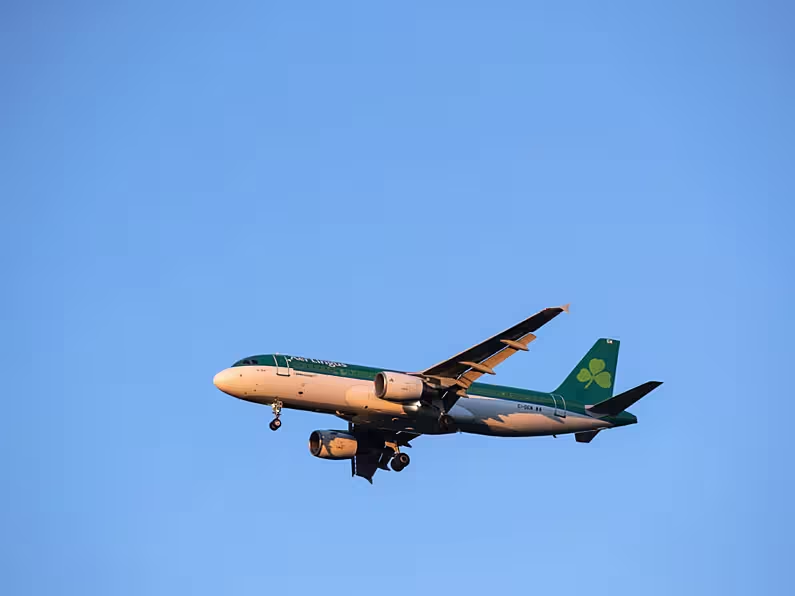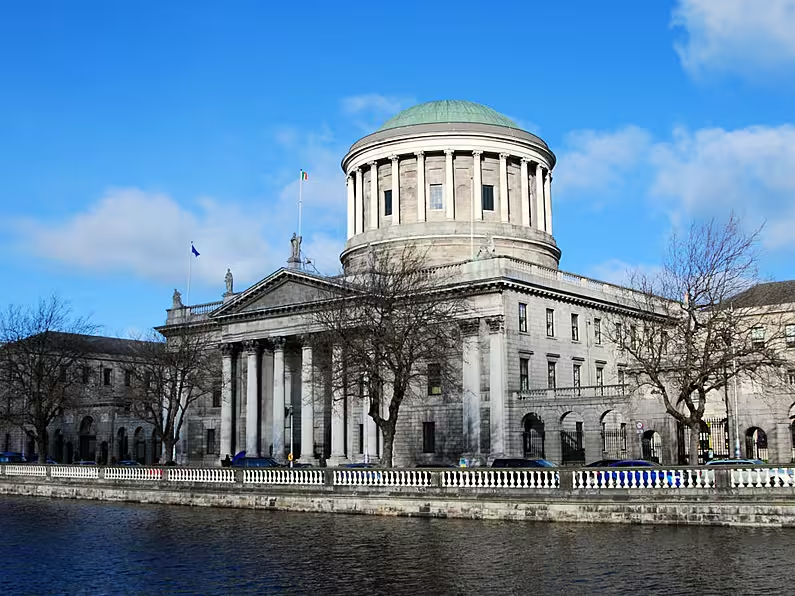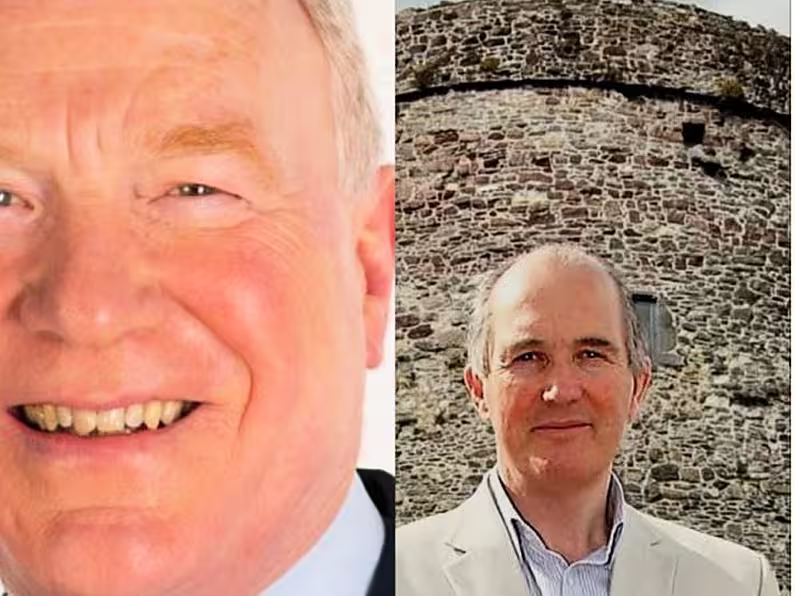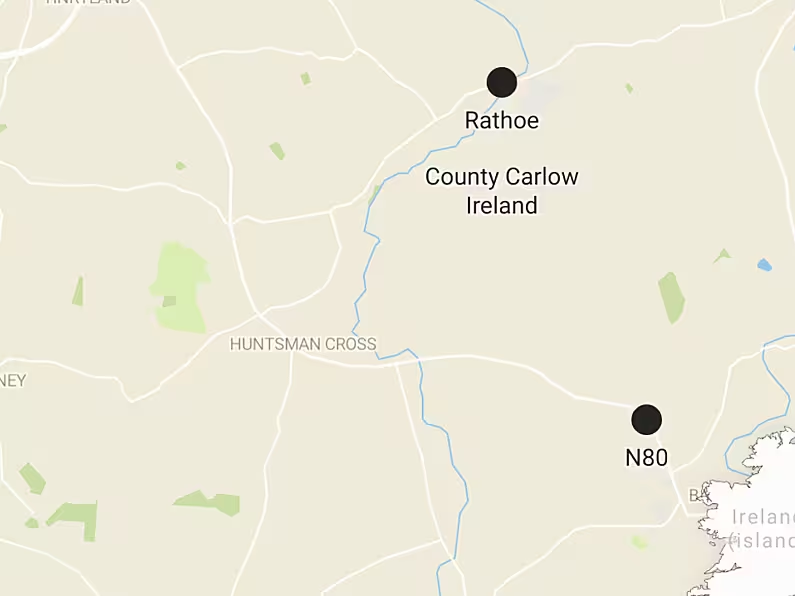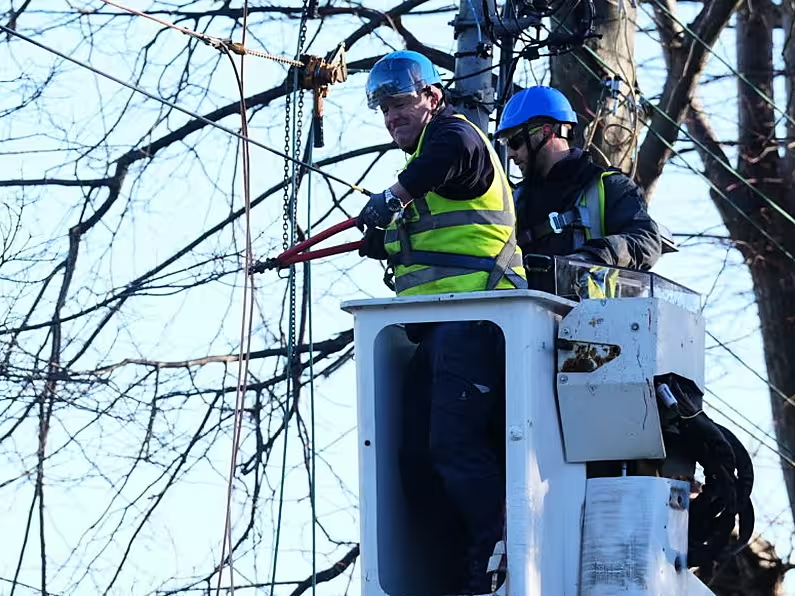Vivienne Clarke
Those who are unvaccinated should carry out a "personal risk assessment" before travelling abroad this summer, according to the chief of the health service.
HSE chief executive Paul Reid told Newstalk Breakfast that the spread of Covid-19 could not be allowed to return to the levels seen in January.
His comments come after Tánaiste Leo Varadkar said young people who are not fully vaccinated can travel abroad this summer, despite the chief medical officer’s advice to the contrary.
There is a personal risk assessment that we all have to make
Mr Reid said: “I fully appreciate people need a break, particularly young people need a break, but there is a personal risk assessment that we all have to make.
“I remember giving advice to Government back in the early stages [of] this year, and one of the strongest advice was, we just can’t let our health system go back to where we were in January.”
The National Public Health Emergency Team (Nphet) has said that those who have not yet been fully vaccinated should not leave the country this summer.
However, the Government has signed up to the European Union’s Digital Covid Cert, which facilitates travel for those who have recently recovered from the virus or for those who have a negative PCR test.
Vaccine update
Meanwhile, Mr Reid expressed confidence that there will be a good uptake of the Covid-19 vaccine among young people.
Surveys have indicated that there is still a strong interest in getting the vaccine among younger age groups in Ireland, he said.
The vaccine registration portal opened on Sunday for those aged 39 when over 47,000 registered, he said.
The rollout of the vaccine to date had been very positive, Mr Reid added. Last week over 340,000 vaccines were administered, with 52,000 administered on four days and 59,000 on Thursday.
Mr Reid said that a boost in supplies of the Pfizer vaccine meant that the vaccination levels for this week and next week would remain strong and then return to forecasted levels in July.
As of today, 35 per cent of the population was fully vaccinated. Mr Reid anticipated that by the end of June, 70 per cent will have received their first dose.



